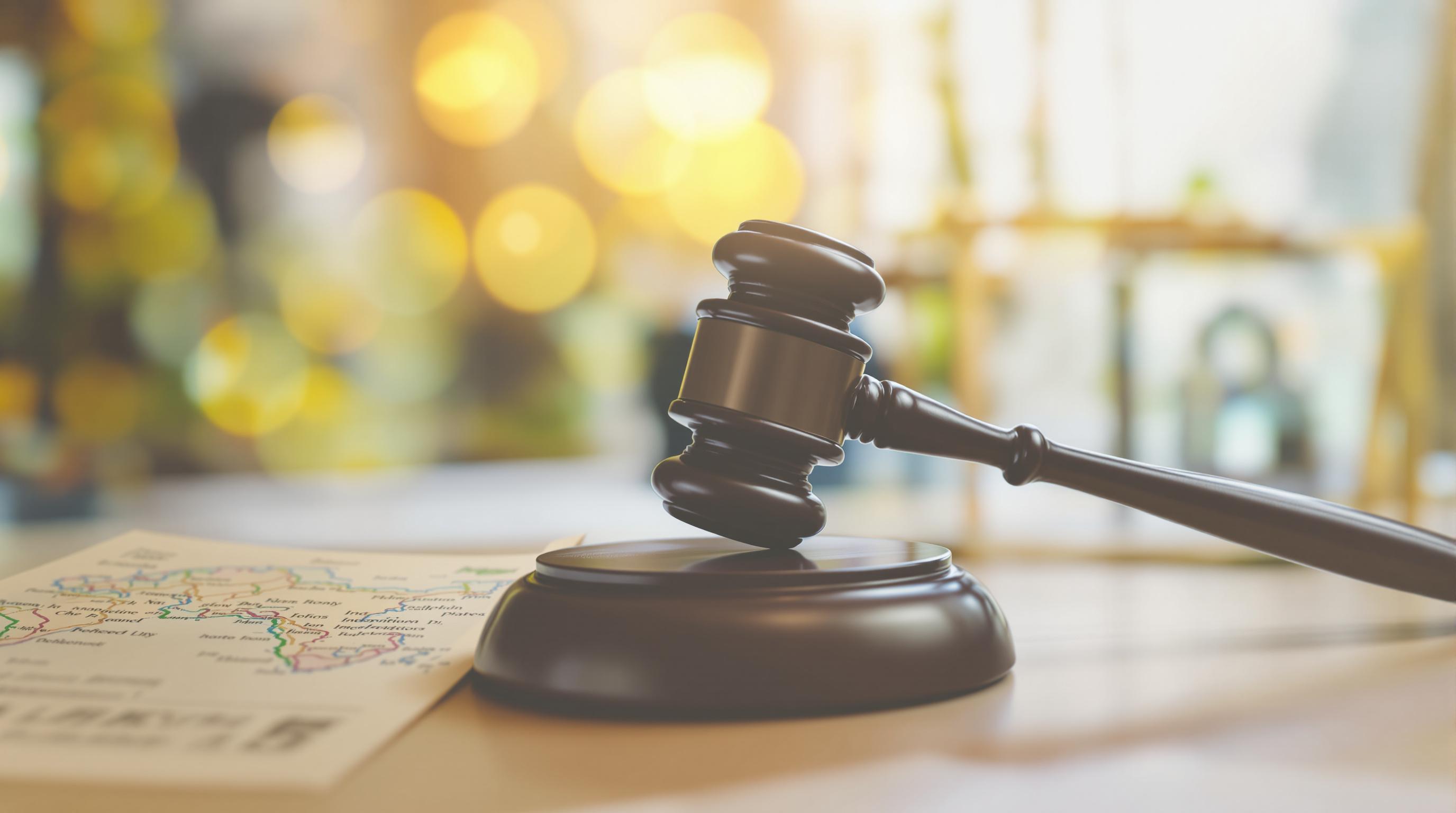Related Articles
- 7 Game-Changing Encrypted Messaging Apps Released Since 2019 That Redefine User Control
- Exploring Quantum Entanglement as a Future Layer of Protection for Connected Devices in Decentralized Networks
- Top 7 Privacy-Focused Cloud Backup Services Released Since 2019 That Redefine Data Control
- Exploring Psychological Barriers That Prevent Wider Adaptation of Dual Verification in Everyday Tech Use
- Top 6 Privacy-Focused Browsers from the Last Five Years That Outpace Giants in Speed and Security
- 6 Lesser-Known Identity Protection Gadgets From the Last Five Years That Actually Outperform Popular Brands
10 Crucial Privacy Law Amendments Impacting Blockchain Technology and Cryptocurrency Compliance Worldwide
10 Crucial Privacy Law Amendments Impacting Blockchain Technology and Cryptocurrency Compliance Worldwide
10 Crucial Privacy Law Amendments Impacting Blockchain Technology and Cryptocurrency Compliance Worldwide
1. Enhanced Data Protection in the European Union: GDPR Amendments
The General Data Protection Regulation (GDPR) remains a cornerstone of privacy law affecting blockchain and cryptocurrency globally. Recent amendments focus on clarifying data subject rights concerning immutable blockchain records, emphasizing the “right to be forgotten” versus blockchain's inherent immutability.
These amendments challenge blockchain developers to create solutions like off-chain storage or encryption-based data management to ensure compliance. Companies operating within or targeting the EU market must therefore adapt their systems to conform to these refined requirements.
According to the European Data Protection Board’s newest guidelines, transparency and accountability in blockchain transactions must be bolstered, signaling ongoing regulatory scrutiny.
Source: European Data Protection Board, 2023
2. The California Consumer Privacy Act (CCPA) and Blockchain Implications
California’s CCPA amendments have introduced stricter rules on consumer data control, significantly impacting blockchain applications that handle personal information. The law’s broadened scope means even pseudonymous data recorded on ledgers could be subject to consumer rights requests.
Developers and businesses utilizing blockchain in California or with California residents must refine consent mechanisms and implement processes to uphold user data rights like deletion and portability. This can be complex considering blockchain’s distributed nature.
Experts recommend incorporating advanced cryptographic methods such as zero-knowledge proofs to balance compliance with blockchain transparency.
Source: California Attorney General’s Office, 2023
3. Japan’s Personal Information Protection Law (PIPL) Amendments
Japan’s amendments to the PIPL have introduced enhanced requirements for data localization and cross-border data transfers, directly affecting crypto exchanges and blockchain firms. These measures require greater scrutiny of how user data moves internationally.
For blockchain platforms operating in Japan, this means investing in compliant infrastructure or partnering with local entities to manage personal data effectively. Additionally, explicit consent and notification standards have been raised to protect user privacy better.
This amendment reflects Japan's commitment to aligning with global standards while fostering blockchain innovation responsibly.
Source: Personal Information Protection Commission of Japan, 2023
4. India’s Data Protection Bill and Blockchain Regulation
India's evolving data protection legislation introduces new challenges and opportunities for blockchain technology. The bill proposes stringent conditions for processing personal data, which impacts how decentralized applications store and share information.
With India’s significant cryptocurrency user base, compliance will necessitate detailed audit trails and possibly new governance frameworks that respect user privacy without undermining blockchain transparency.
Legal experts anticipate that the bill’s progression will shape blockchain adoption rates and encourage innovations like permissioned ledgers to comply with regulatory demands.
Source: Ministry of Electronics and Information Technology, India, 2023
5. Brazil’s LGPD Amendments and Cryptocurrency Compliance
Brazil’s Lei Geral de Proteção de Dados (LGPD) amendments have sharpened focus on data subject rights and processing transparency, critical for blockchain projects. The law impacts how Brazilian crypto platforms handle personal data, demanding higher standards of accountability.
The updated regulations encourage blockchain firms to implement clear privacy policies, consent mechanisms, and data minimization strategies to mitigate legal risks.
Compliance advisors underscore the importance of aligning blockchain architectures with LGPD rules to maintain consumer trust and avoid significant fines.
Source: Brazilian National Data Protection Authority, 2023
6. Singapore’s PDPA Revisions and Their Impact on Crypto Firms
Singapore’s Personal Data Protection Act (PDPA) revisions emphasize stronger user control and data governance, affecting blockchain-based financial services. These amendments aim to balance innovation with safeguarding personal information within emerging technologies.
Consequently, cryptocurrency exchanges and blockchain startups in Singapore are adapting by enhancing consent frameworks and data security measures to meet the revised legal standards.
The country’s proactive regulatory stance reinforces its position as a crypto-friendly jurisdiction while prioritizing privacy compliance.
Source: Personal Data Protection Commission Singapore, 2023
7. South Korea’s PIPA Amendments Strengthening Blockchain Privacy
South Korea’s Personal Information Protection Act (PIPA) has undergone amendments introducing tougher privacy safeguards, influencing how blockchain identities and transactions are managed.
This has led to increased adoption of privacy-preserving technologies such as ring signatures and confidential transactions within Korean crypto operations. Firms must now conduct more rigorous privacy impact assessments under the new rules.
The Korean government’s rigorous enforcement signals a trend toward tighter integration of blockchain innovation and privacy compliance.
Source: Korea Internet & Security Agency, 2023
8. Canada’s PIPEDA Modernization and Effects on Distributed Ledgers
Canada’s modernization of the Personal Information Protection and Electronic Documents Act (PIPEDA) focuses on user empowerment and consent granularity. These changes bear heavily on blockchain implementations, where personal information is often embedded in transactions.
Blockchain service providers must refine their data handling procedures to ensure user rights are respected, potentially requiring redesigns in how information is encrypted or accessed on-chain.
Stakeholders expect that these amendments will foster increased transparency and trust in Canadian blockchain applications.
Source: Office of the Privacy Commissioner of Canada, 2023
9. Australia’s Privacy Act and Blockchain Compliance Challenges
Australia’s recent Privacy Act amendments introduce stricter regulations on data breaches and user consent, complicating blockchain data management. The immutable nature of blockchain presents unique challenges for complying with these laws.
Australian blockchain companies need to implement responsive mechanisms for breach notifications and data corrections, possibly through hybrid on-chain/off-chain models.
The government’s approach balances innovation encouragement with protection of Australians’ personal data rights.
Source: Office of the Australian Information Commissioner, 2023
10. The United States’ Emerging Federal Privacy Framework and Blockchain
The U.S. continues developing a comprehensive federal privacy framework expected to unify disparate state laws and impact blockchain technology standards nationwide. Proposed amendments focus on user consent, data minimization, and accountability.
Blockchain entities should prepare for heightened compliance complexity, particularly in cross-state operations. Integrating privacy-by-design principles and advanced cryptographic techniques will be vital.
While the framework is still evolving, it represents a significant step toward harmonizing privacy expectations with blockchain’s unique characteristics.
Source: U.S. Federal Trade Commission, 2024




